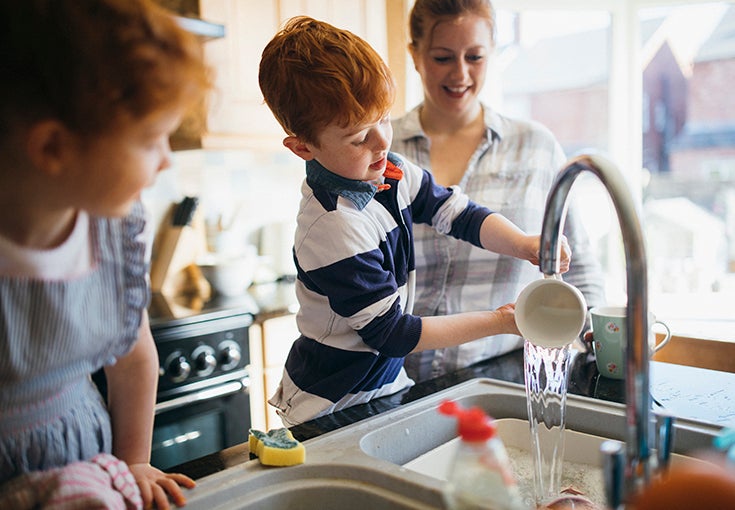Heating your home is currently the main source of emissions created by residential real estate in the UK. Central heating is a necessity, especially during the colder months, but it can require a lot of energy usage which has a negative impact on the planet.
As more renewable energy sources become available, understanding home heating options can help you to make the most eco-conscious choices when it comes to keeping your home warm.
What are the most efficient home heating methods?
Heat pumps can be an efficient method for heating your home. They use the heat from the earth or air to help heat up your home with a little help from electricity. As the heat is already generated, no fuel burning is required and only a small amount of electricity is used, meaning low carbon emissions are created when using a heat pump to heat up your home.
As more renewable energy sources become available, electric heating is becoming more and more energy efficient. A great positive of electric heating is that you can choose to heat one room at a time, meaning no energy is wasted heating empty rooms.
It is predicted that electric heating will continue to become very low carbon, making it potentially a more energy efficient way of heating your home, especially in the future.
Solar panels are a form of renewable energy. The cells within the panels generate energy using the sun’s energy. One home solar panel system can typically save around 1 tonne of carbon per year, making them a definite energy efficient option for heating your home.
Most modern boilers are typically condensing boilers, which are the most energy efficient style of boiler available.
You can either have a ‘system’ boiler, which has a separate water cylinder for hot water, or a ‘combi’ boiler which does not have a water cylinder and instead heats water as and when required.
Top tips for heating your home efficiently
There is a lot of debate around whether you should keep your heating on low all day or only have it on when necessary. However, leaving your heating system on constantly isn’t energy efficient, so, to help reduce your carbon footprint, make sure you only turn the heating on when you need it.
Heating controls, like a programmed thermostat timer, can help ensure your heating system fits around your schedule. You can heat your home as and when you need it, and can ensure it is turned off when not in use - with smart thermostats you can usually even turn it off when you’re out of the house.
Bleeding your radiators will provide more surface area for the radiator to heat your home and helps stop any blockages in the heating system, while ensuring your home’s pipework is well maintained will mean all energy used to heat your home does so efficiently.
Having the best home insulation will help ensure any energy used to heat your home does not go to waste. Good insulation will keep heat within the home and reduce the amount of energy required to keep heating it up.
Turning your heating down by one degree can make a huge difference to the amount of energy that is used. Opting to heat your home to just one degree lower can not only help save some pennies on energy used but reduces your carbon footprint too.
Read our article, How to make your home more energy efficient, to learn more ways to save energy at home and make heating your home as energy efficient as possible.
Sustainable living hub





